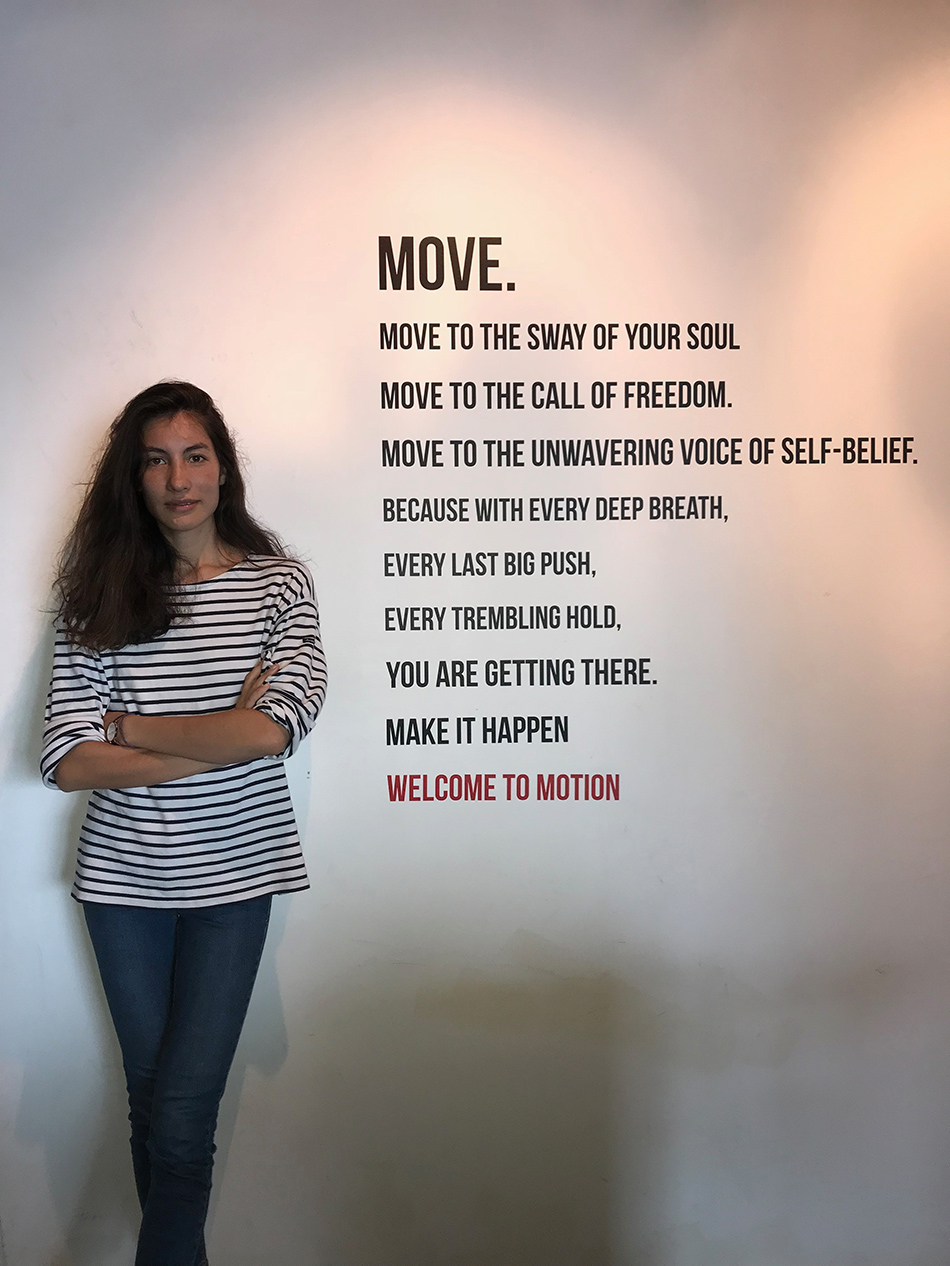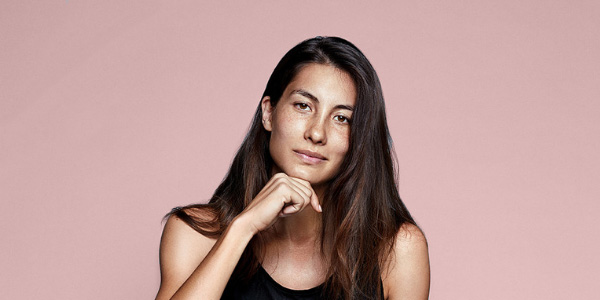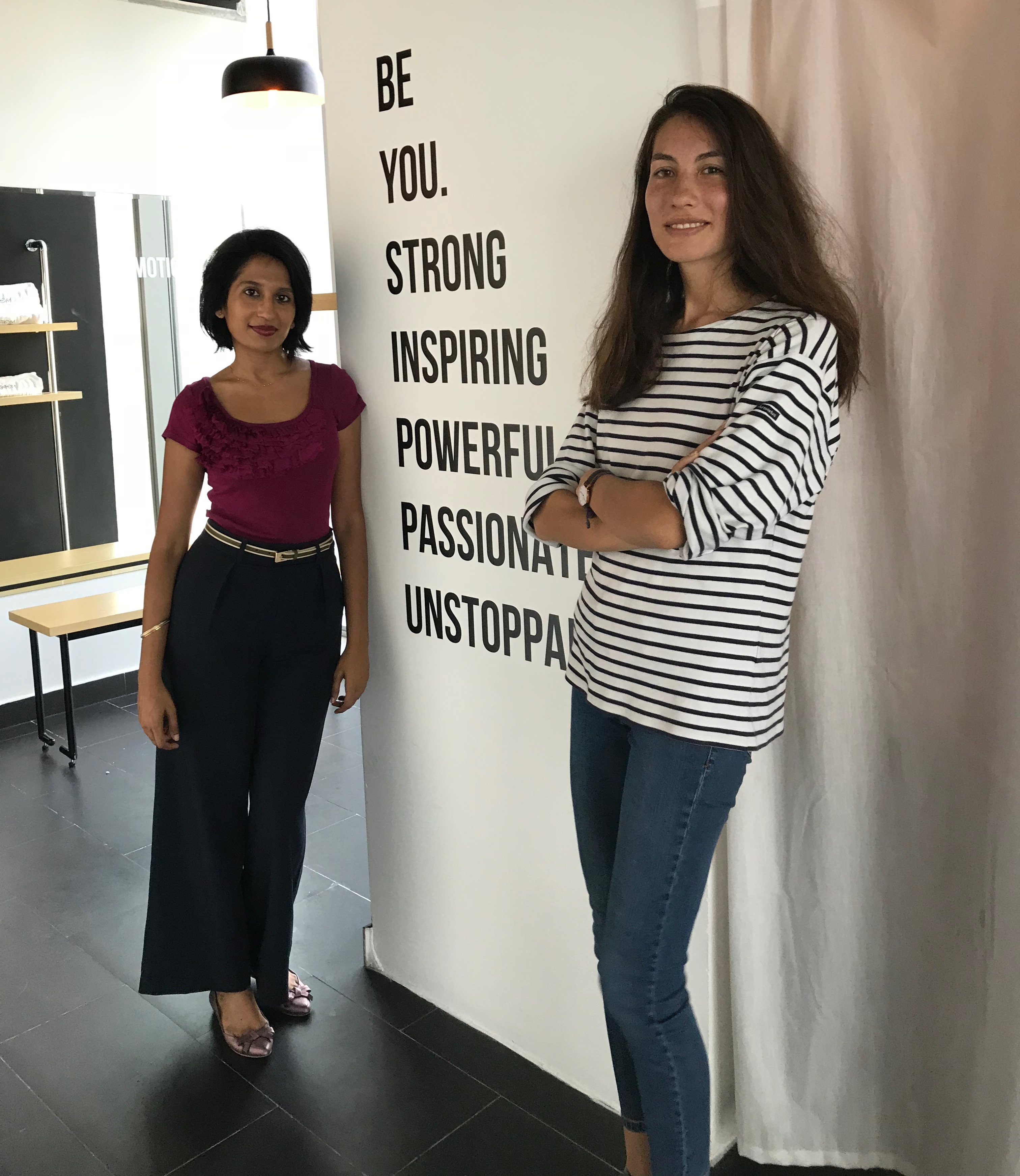As I enter the studio, her energy is palpable. The lithe, lean woman zipping about the small yet effortlessly cool space is not just a fitness instructor but the founder herself: Amelie Hua. This sprightly young Frenchwoman single-handedly brought the SoulCycle concept to Dubai. Now just over a year old, her boutique fitness studio –
But the 28 year old’s entrepreneurial success is far from an overnight story. We delved deeper into the money habits that helped Hua get this far. Read on:
I’m taken aback when Hua reveals that Motion Cycling is her eighth entrepreneurial venture, and the only one to have made any real traction. “I guess I had to go through seven rings of fire,” she says gamely. Since the age of 13, Hua consistently launched one business idea after another; from artistic TV frames in the 1990s to a lingerie brand and a GIF-creation app. But nothing worked and some proved especially expensive attempts. “If anyone is looking to create the next big app, I would tell them to move on!” she says, laughing.
Grit and resilience, it seems, runs in the family. “I grew up in Paris in an entrepreneurial family. Both my grandfather and father were entrepreneurs,” shares Hua. “My dad is Cambodian and came to France after the war, leaving everything behind. He literally started his life all over again from nothing.” Like Hua, her father started young, launching a business at 18 (unsuccessfully) and facing a series of setbacks, until he was successful several years later. “He persisted. It was his dream to own his own business. I think I inherited that determination from him,” she muses.

Savings = Stepping Stone to Success
Her saving mentality is the one trait that Hua credits for her ability to succeed as an entrepreneur. “Because my father is completely self-made and witnessed some really difficult times, his constant message to us throughout our childhood was to always save money, because you never know when you might need it.” recalls Hua, who considers saving an ingrained habit.
“When you’re an entrepreneur, your income is not predictable, especially in the beginning. Having some savings set aside gives you flexibility and comfort knowing that you won’t have to struggle to pay your basic bills while you build your business,” she explains.
It’s a struggle Hua personally faced, spending over 6 months trying to secure enough capital to get her idea to take off, until a close friend stepped in and invested in her business idea. “I had failed many times before and kept getting this sinking feeling, that this was another failure. I thought maybe I should move on, take on a job and then try in a few years. So glad that wasn’t the case!”
During this time, Hua counted on her savings to tide her through and wisely chose to stretch her savings as much as she could, reserving it only for essential expenditures. Recognizing that paying rent would be the fastest way to deplete her savings, Hua relied on the goodwill of friends who could offer her a place to sleep at night. “Those times when no one was in town, I would simply sleep at my studio while it was still being fitted out. Paying for a hotel room would not have been a financially wise thing for me to do back then!”
Get Creative: Do More With Less!
A self-proclaimed bon vivant, Hua admits she loves good food and travel but has learned how to “make the best with the least amount of money.” “Salaries in Dubai are quite high compared to France and the cost of living is entirely manageable, provided you cut your coat according to your cloth, or better still, live below your means,” believes Hua.
“There are lower cost alternatives for the same net outcome. For example, you don’t have to live in one of the upscale areas and pay high rent. Instead, you can live in a comparable apartment building in another neighborhood and still be close to major thoroughfare especially if you drive or take a taxi anyway.”
It’s this same “bang-for-every-buck” mentality that enabled Hua to creatively source working capital.
“I needed to pay some upcoming invoices and instead of turning to a bank, I turned to my friends with a business proposition. I offered them double the interest they would get if they just kept their money in a savings account, because I knew I only needed the money for two to three weeks and would be able to repay them on time. My friends believed in me. They’d seen all my hard work. And so they took me up on the offer. I have a friend who now does this regularly with different entrepreneurs and has sometimes doubled his investment!”
Know Your Risk Appetite and Your Investments
Despite her appetite for adventure and the ups and downs of entrepreneurial life, Hua considers herself a conservative investor, favoring real estate over any other asset class. “I prefer something that’s both long-term and tangible, that I can see, like property. Real estate, especially if you buy when prices are bottoming out and it’s a buyer’s market, is a sure fire investment because you know prices will only increase.”
When it comes to the stock market, Hua, who worked in private equity for several years, thinks doing one’s due diligence is always important and every investor should recognize there is always the element of the unknown and should be comfortable with that. “I think you can make a lot of money if you actively monitor stocks and stay on top of market shifts, or have someone you trust who does it for you.”
Create Short-Term and Long-Term Investing Goals
As an entrepreneur, Hua’s first priority is to re-invest in her business. What if she had savings she was willing to invest elsewhere? “Personally, my advice to anyone who has an additional 50k to 100k that’s accruing very little interest in a local fixed deposit, look for other short-term investing options that have low entry amounts and give you at least one or two percentage points more interest. Every bit counts so you should always compare market interest rates!”
For the future, her investing goals are to enter the property market (“If banks make it easier for early-stage entrepreneurs to avail of a mortgage”) and she would “definitely consider investing in Dubai” if there’s a way to and enter the real estate market even with a smaller initial investment sum.
Ready to invest in your future?

